HOME > Basketball
NBA junk contract ranking: George is second, Embiid is fourth, and the 76ers are the biggest loser
2:36pm, 14 May 2025【Basketball】
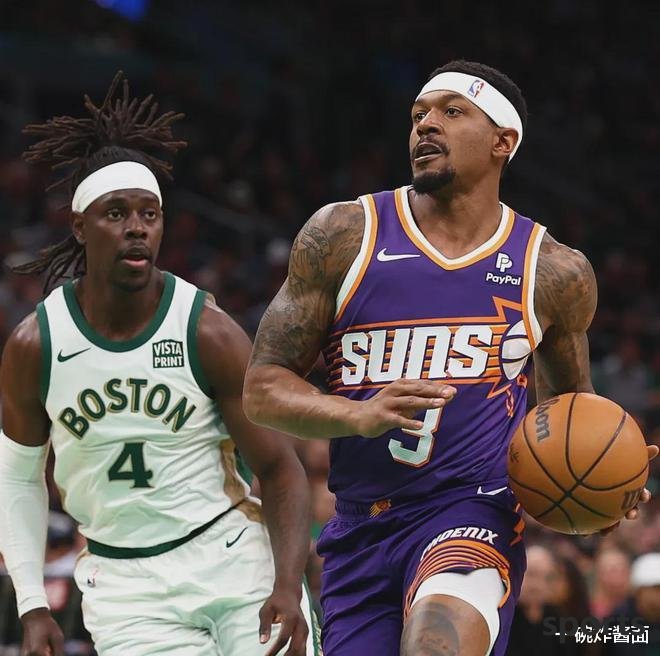
1. Introduction: The cruel reality under sky-high contracts
Analysis of the NBA's five major garbage contracts and deep-seated team management issues this season
In the context of the NBA's salary cap continuing to rise, billion-dollar contracts are quite common, but not every high salary can achieve matching performance. The American media Bleacher Report recently selected five major garbage contracts this season, including Joel Embiid, the core players of the Philadelphia 76ers, and Paul George, both were selected, and the 76ers became a prominent case on the list. These contracts not only greatly consume the team's future salary resources, but also because the players' performance on the field is seriously inconsistent with their salary, which has become a difficult problem that the management of each team needs to solve urgently. Detailed analysis of the five major garbage contracts
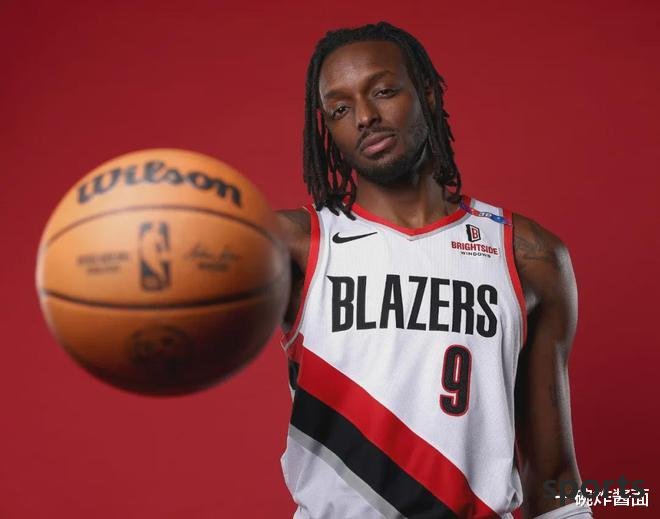
5th place: Jerami Grant (Portland Trail Blazers) - a typical representative of premium contracts
Contract details: 3 years $102.6 million (the last year is the team option)
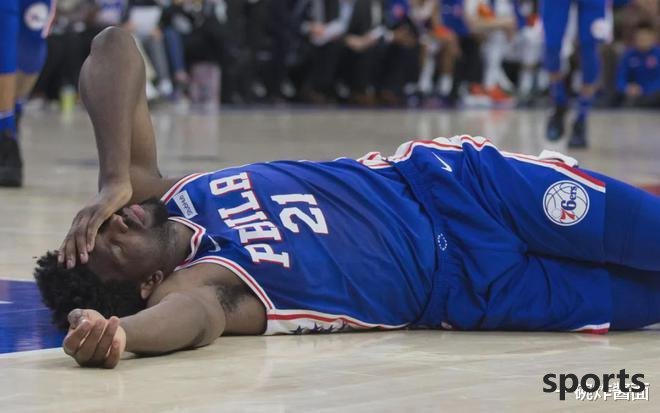
Problem analysis: As a player who has never been selected for the All-Star Game, the contract Grant itself contains risks. This season, his average score has dropped sharply from 21 points to 14.4 points and 3.5 rebounds. His shooting percentage was only 37.3% and his three-point shooting percentage dropped to 36.5%, with extremely limited influence on both offense and defense. The Trail Blazers, who are in the reconstruction stage, originally expected to use Grant as a bargaining chip to strengthen the lineup, but his high salary and low ability performance discourages the potential trading partner. As the team's competitiveness gradually improves, Grant's contract will become a key factor hindering the team's lineup optimization and upgrading, and may even lead to the Trail Blazers falling into a long-term salary dilemma.
4th place: Joel Embiid (Philadelphia 76ers) - Injury and Inefficient Reduction of Maximum Salary Value
Contract Details: 4 years $248.1 million
Core Issue: Although Embiid has demonstrated MVP-level dominance, his frequent injury has become a major hidden danger in his career. After the early renewal of the 2024-25 season, he was reimbursed due to injury, which directly caused the Sixers to miss the playoffs. Even more serious, Embiid, 30, has never had more than 70% attendance in recent years and has performed poorly at critical moments of the game (less than 40% shot from the playoffs last season). The 76ers originally expected to rely on Embiid's peak to win the championship, but suffered a sharp decline in the team's record (ranked at the bottom of the Eastern Conference this season). This contract not only seriously limits the team's salary operation space, but also puts the team in the dilemma of "renewal decision-making": renewal requires the risk of high salary and poor performance of players, and if the contract is not renewed, the loss of early investment is in vain.
Third place: Jamal Murray (Denver Nuggets) - Athletic status declined under the championship halo
Contract details: 4 years $207.8 million
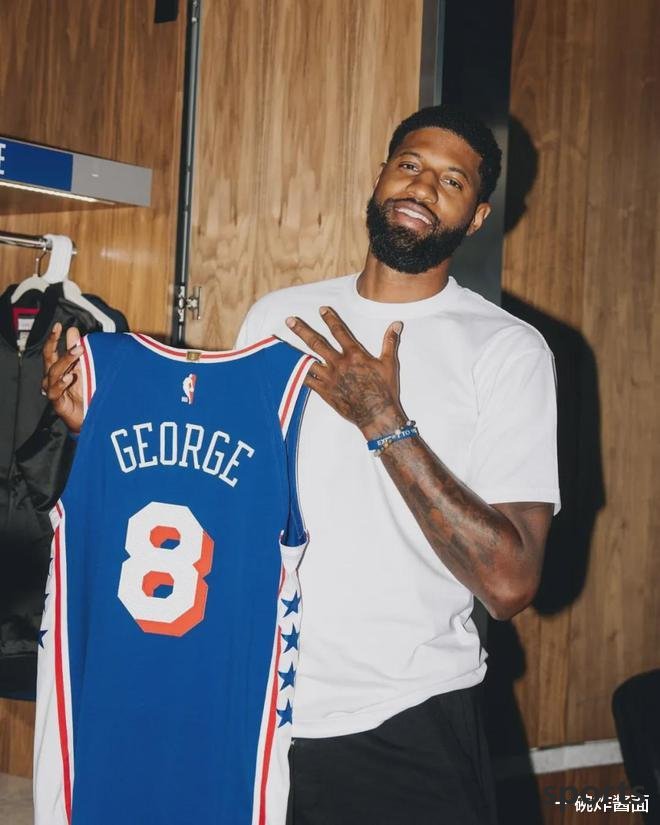
Performance analysis: After the 2023 Finals, Murray won a maximum salary contract with his outstanding performance at critical moments, but his competitive status has declined sharply since then. This season, he averaged 21.4 points per game, 3.9 rebounds and 6 assists shooting percentage was only 47.4%, completely losing the key scoring ability of the Finals period. Although his performance rebounded slightly in the playoffs, his stability was extremely poor, becoming the most unstable factor around Nikola Jokic. For the Nuggets, which are determined to win the championship, Murray's offensive efficiency is crucial, but with his current form, this contract is very likely to become an obstacle to the team's future recruitment work.
Second place: Paul George (Philadelphia 76ers) - Double challenge of senior injury and off-court factor
Contract details: 3 years $162.4 million (last year is player option)
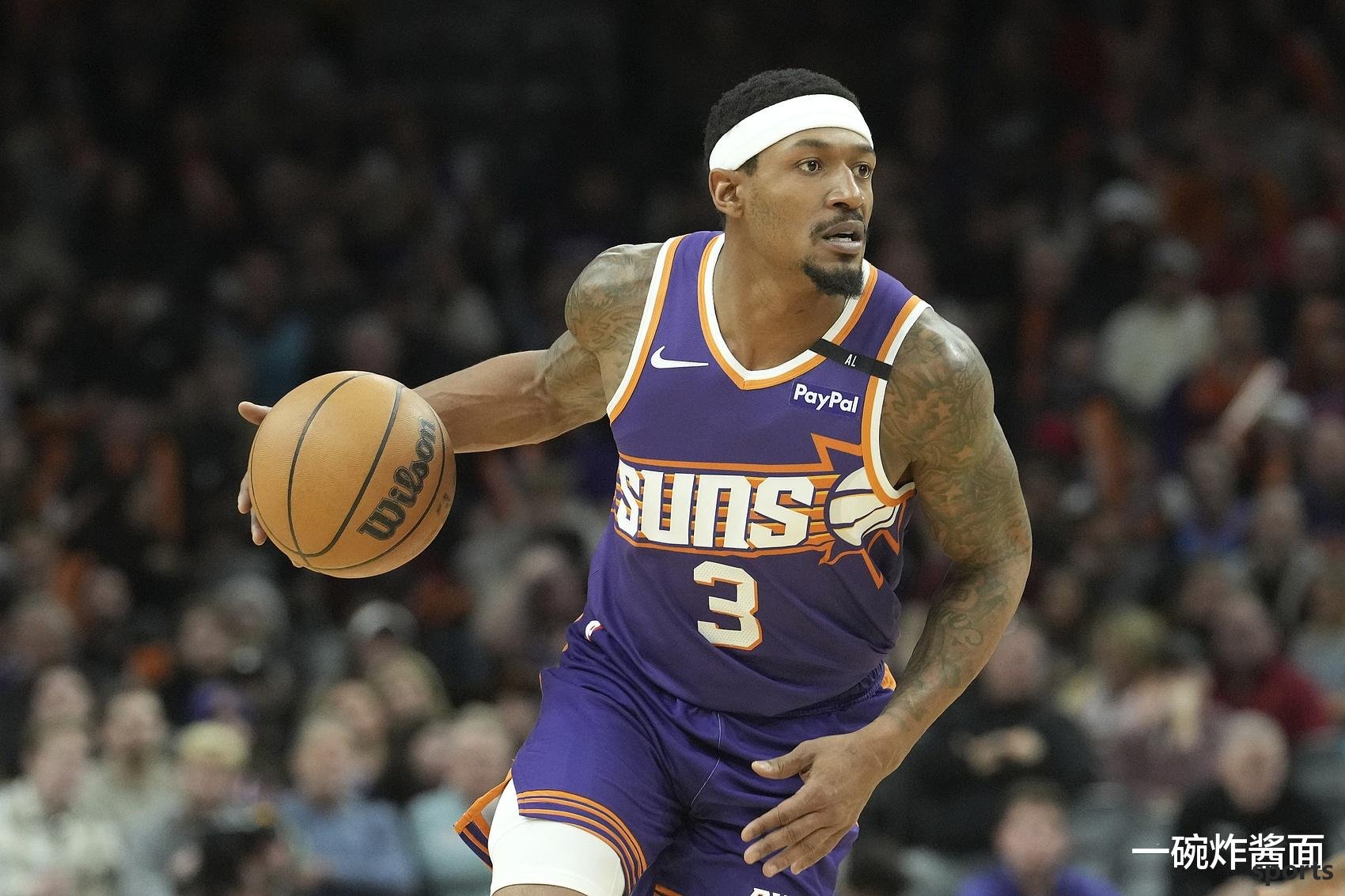
Potential risk: 35-year-old George was reimbursed for the 76ers' first season due to a knee injury, with a per game slid to 16.2 points, 5.3 rebounds, and a 43% shooting percentage, a record low in the past decade. More importantly, he devoted some of his energy to off-court podcasting career, and his training attitude was questioned by his teammates. The team formed a Big Three (George + Embiid + Thales Maxi) failed in just 5 minutes of appearance. During the remaining three years of the contract, George's age and injury risks almost zero in on his deal value. If the Sixers plan to rebuild, they must bear the burden of this huge salary, which is one of the most failed signing cases in recent years.
No. 1: Bradley Bill (Phoenix Suns) - Contract Dilemma caused by the trade veto
Contract Details: 2 years $110.8 million
Difficult Analysis: Bill averaged 17 points, 3.3 rebounds per game this season, shooting percentage of 49.7%. The data seems to be acceptable, but the trade veto he has has become the biggest obstacle to the adjustment of the Suns' lineup. The team tried to trade it before the trade deadline, but failed because he refused to join the non-Champion League team. What's worse is that Bill's contract is huge and no team in the market is willing to take over. If the Suns want to clear up their salary space, they must pay multiple additional first-round draft picks, which directly leads to the team's draft pick reserves being severely overdrawn in the next five years. This contract not only ruined the Suns' chance to compete for the championship, but also became a typical negative case of "high salary and low energy and excessive power of stars" in the league.
Deep reflection: The team management crisis behind garbage contracts
The emergence of these garbage contracts is not accidental. They reflect multiple mistakes in the decision-making process, and deeply reveals the potential crisis in operations and management of various NBA teams..
The consequences of blindly signing the contract
76ers' decision to renew Embiid reflects the team's emotional dependence and trust in it, but from the perspective of basketball business operations, it is undoubtedly a very risky gambling. Management relies too much on Embiid's personal abilities, but ignores his growing injury risks and the impact of age on competitive state. During the renewal negotiations, the failure to make reasonable predictions about his future attendance and competitive level has led to the team being bound by this huge contract. Similarly, the Suns' decision to introduce Beals is more like a hasty move under the pressure of the championship. The team was eager to improve the strength of the lineup, but did not conduct in-depth evaluation of Bill's injury history and competitive state decline. What they ended up was a player who was difficult to trade and had limited contributions on the field, which seriously wasted the team's salary space and missed the best opportunity to rebuild or strengthen.
Misjudgment during the championship window period
The Nuggets' original intention of renewing Murray's contract was to maintain the competitiveness of the championship lineup, but they did not expect the decline in Murray's Atletico and his own injuries. The team lacks long-term planning in the contract years and salary structure design, and fails to fully consider the degree of matching between Murray's peak period and the contract cycle, resulting in a high salary still required after his state declines, which seriously restricts the team's subsequent signing operations. The Sixers made a similar mistake when introducing George. The management is eager to form a championship lineup, but ignores George's age and injury risks. After signing a long-term contract, George was frequently injured and his competitive state declined, making this contract a heavy burden on the team. Misjudgment during the championship window period made the team fall into a dilemma when the player's high salary period overlaps with the competitive state decline period: it is difficult to get rid of the contract through transactions, and it is also impossible to rely on the players to achieve expected results.
The imbalance between star power and team interests
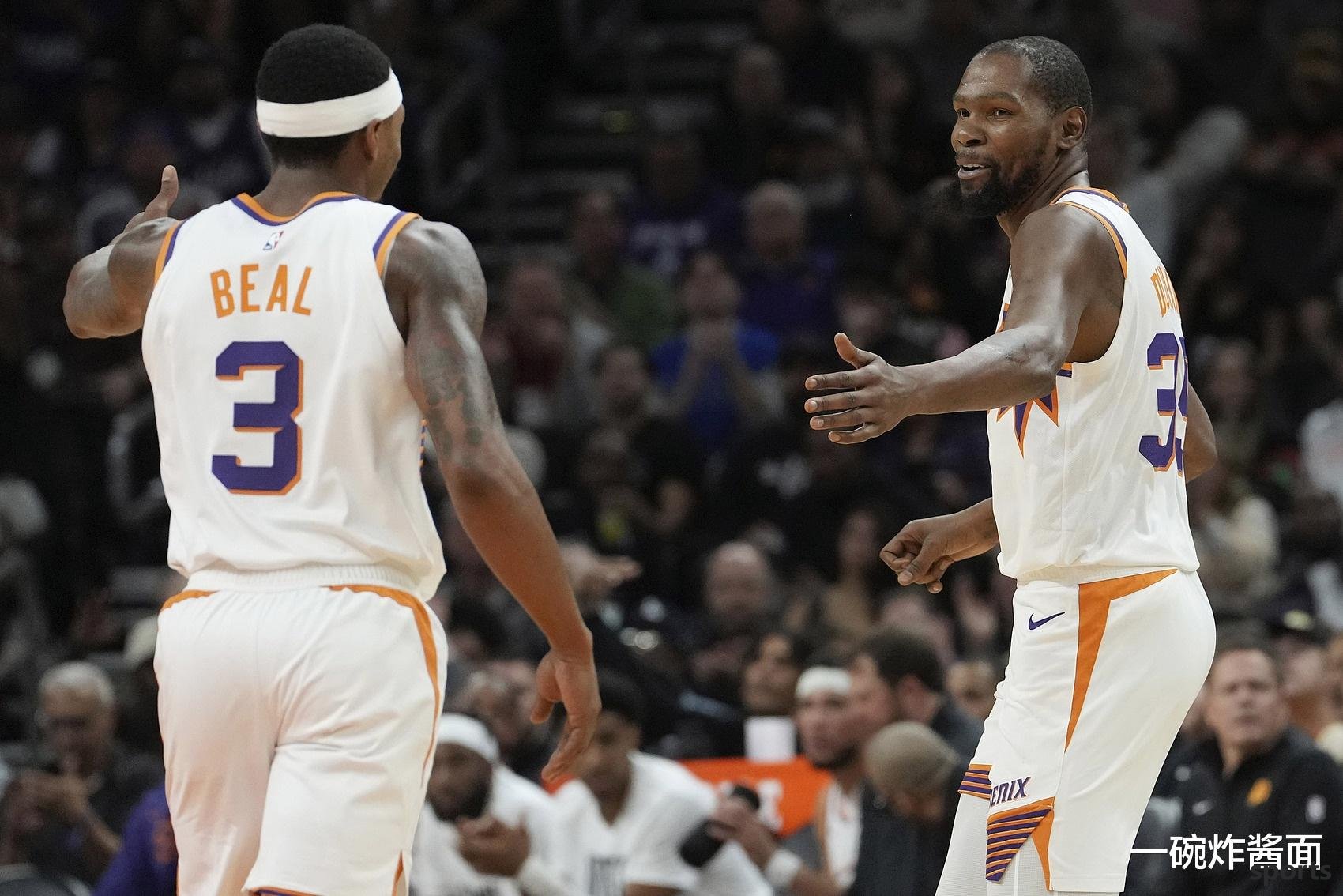
Bill In the Suns' contract, the trade veto has become a key factor hindering the team's lineup adjustment. When the team signed the contract, they compromised too much to satisfy the personal demands of the stars and gave them too much power, but they did not fully realize the profound impact this would have on the team's future operations. When the team needs to improve the dilemma through trades, Bill's veto makes all trading plans impossible, and the team can only get deeper and deeper in the salary dilemma. Although George has no trade veto for the Sixers, his distraction from off-court affairs and training attitude is questioned, reflecting the team's inability to manage stars. The team gave many privileges to retain stars, but failed to effectively regulate their performance and professional attitudes on the court, resulting in an imbalance between star power and team interests, which ultimately had a negative impact on the stability and competitiveness of the team's lineup.
Conclusion: Strategies for coping with garbage contracts
For teams plagued by garbage contracts such as the 76ers and the Suns, the top priority is to formulate and implement a "stop loss plan". You can consider ease salary pressure by trading with first-round draft picks, buying out player contracts to start reconstruction or waiting for the contract to expire. For other teams in the league, these cases sounded the alarm: in an era where maximum salary contracts are flying everywhere, only by accurately evaluating the player's age, health status and tactical adaptability can we effectively avoid falling into the "high salary trap". After all, the NBA's business operation logic is extremely realistic: the data will not lie, and the negative impact of premium contracts will eventually appear.
Related Posts
- Tyron Lu talks about superstar breakup: If Irving has not left the team, I think James will stay with the Cavaliers
- American News: The Lakers are expected to maintain their current lineup and enter training camp. They look forward to Vincent & Kleber s performance
- Stockton: NBA s current style is weak; they are all jumpers, players love load management; their salary is still high
- The Rockets have signed 4 players in a row, the Clippers finally take action, and the Warriors target appears
- Morant bid farewell to Bain: 5 years of brotherhood breaking, muscle shooter shoots magic to change the Eastern Conference pattern
- More than the third brother! Homgren becomes the X factor?
- Funny, Brunson was named the 2025 NBA Playoffs Best Offensive Player and Worst Defensive Player
- Why can t the Los Angeles Clippers win the NBA championship?
- Amen s "fake PG" effect is outstanding: 19+7+6 in three quarters, relaxed and enjoyable. Fan Jordan s reimbursement is good for him
- Very suddenly! Retired?! Simmons doesn t want to fight anymore?
Hot Posts
- Tyron Lu talks about superstar breakup: If Irving has not left the team, I think James will stay with the Cavaliers
- American News: The Lakers are expected to maintain their current lineup and enter training camp. They look forward to Vincent & Kleber s performance
- Stockton: NBA s current style is weak; they are all jumpers, players love load management; their salary is still high
- The Rockets have signed 4 players in a row, the Clippers finally take action, and the Warriors target appears
Recommend

There are already too many players in the lineup, and the Knicks won t sign back to the substitute point guard last season?
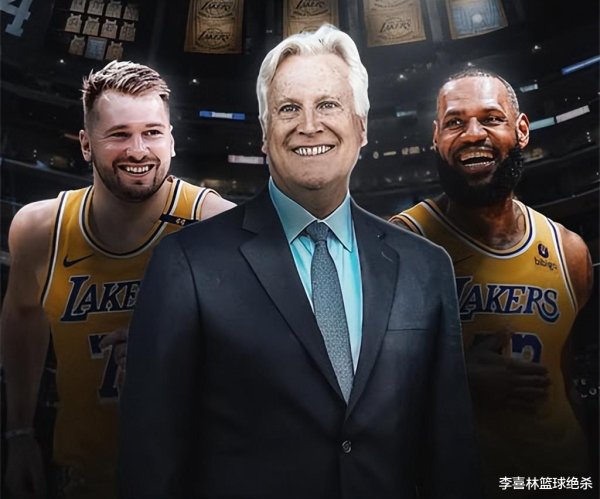
The Lakers change hands to help James win the fifth championship? Dodgers spend money like earth to win two championships, President Peace may dig big brands
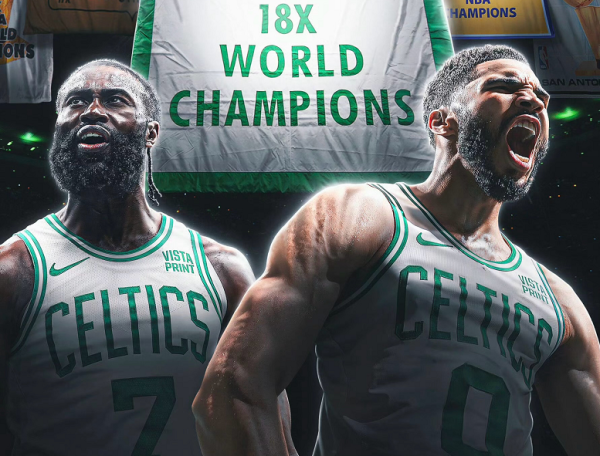
20 points in two games! 20 of 100 three-pointers! The defending champion shows his true form, and the double-Tanhua wants to change his fate against the will of heaven
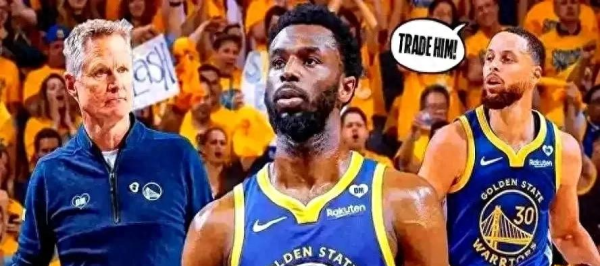
The Warriors recruited 14 No. 1 picks twice, Antetokounmpo s first person to be drafted after staying in the team

Famous reporter: Pelicans coach says Zion is in very good shape and shows more leadership
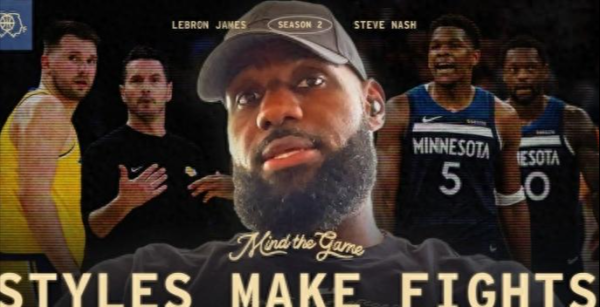
James interprets Edwards: His offensive ability has improved significantly, and the Wolves have a chance to enter the Western Conference Finals

111: 103! The Warriors started a good start to defeat the Lakers preseason, and the four players made an indelible contribution, Horford became a surprise

What will the Lakers do without James? Four starters are confirmed for the opening game, and Ayton is the one who should step up.